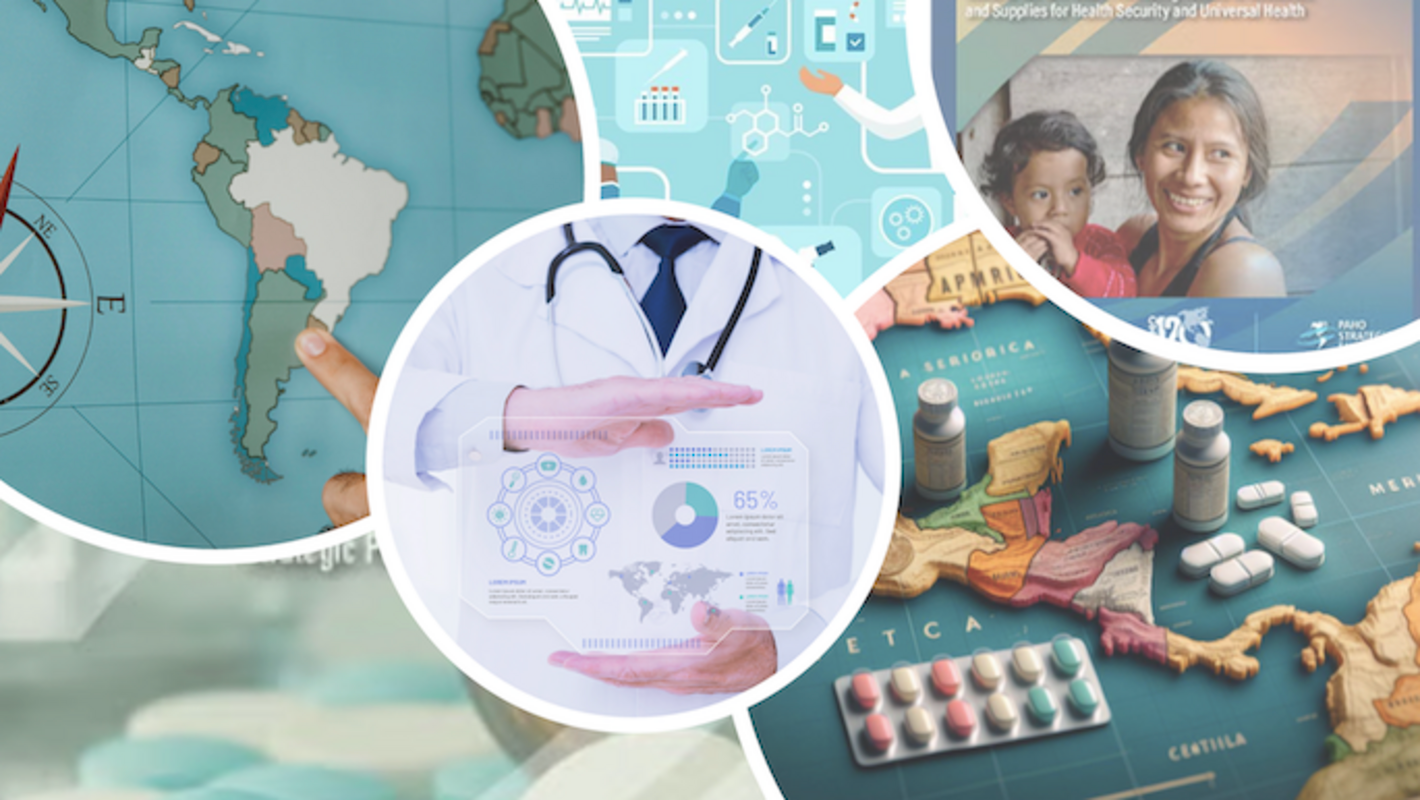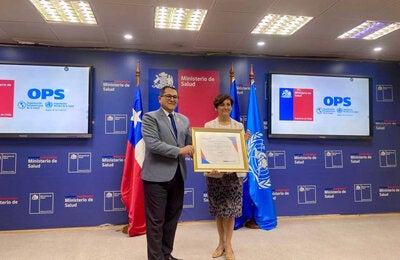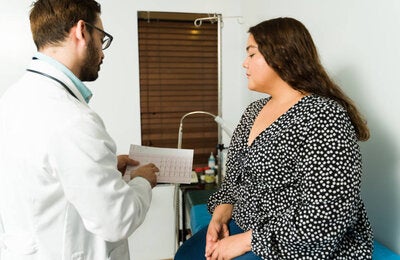
Washington D.C., February 2025 (PAHO) - The Department of Innovation, Access to Medicines, and Health Technologies (IMT) has been supporting the Pan American Health Organization (PAHO) Strategic Fund through health technology assessment for the potential inclusion of these technologies in the Fund's product list, which includes medicines and other health supplies, such as medical equipment and diagnostic kits.
Health Technology Assessment (HTA) is a multidisciplinary process that uses explicit methods to determine the value of a health technology at different points in its lifecycle. The purpose is to inform decision-making to promote equitable, efficient, and high-quality health systems.
The Strategic Fund, in turn, is a regional technical cooperation mechanism for the pooled procurement of essential medicines and strategic health supplies, enabling countries in the Americas to access high-quality health technologies at affordable prices, in a timely and transparent manner.
Requests for the inclusion of health technologies in the Strategic Fund list are made by member countries or PAHO technical areas. The evaluation of technologies, conducted by IMT experts, considers WHO recommendations, scientific evidence of efficacy, safety, and cost-effectiveness, as well as HTA studies conducted by RedETSA members, available in the Regional Base of Health Technology Assessment Reports of the Americas (BRISA), which currently has over 4,000 HTA reports produced in the region. Based on the evidence found, IMT issues a recommendation to the Strategic Fund on whether, or not, to include the evaluated technology in the List.
Between 2023 and 2024, 64 health technologies were evaluated for inclusion in the Strategic Fund mechanism, 78% of which were medicines. These technologies covered diseases such as hypertension, diabetes, HPV, HIV, respiratory syncytial virus, influenza, as well as high-cost medications for diseases like cancer and rare diseases. In 2025, between January and February, six health technologies were evaluated, three medicines and three in vitro diagnostics for malaria, tuberculosis, and metastatic adrenal cortex carcinoma.



